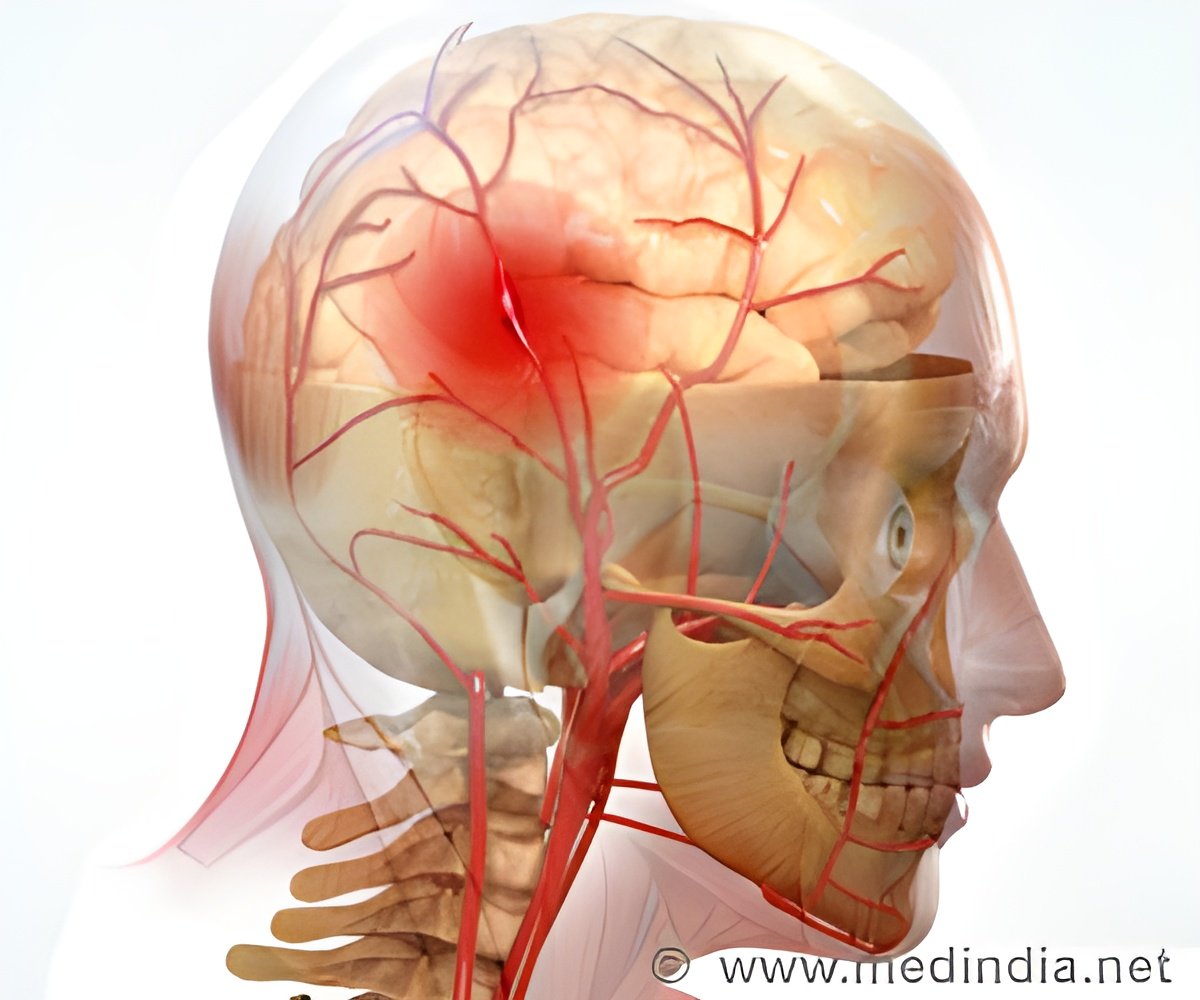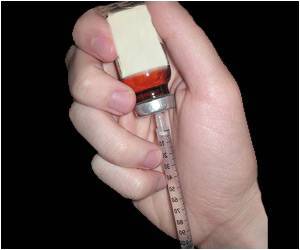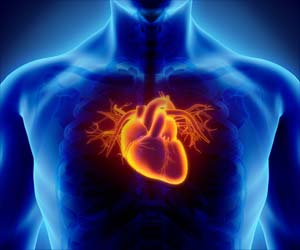Very rarely do neurons grow back after a stroke. But certain treatments make the brain adapt, compensate or recruit new neurons to make you move again.

Researcher Andrew Butler said that when people have a stroke, there’s damage to brain cells and it takes a long time for neurons to grow back, if at all. You can use certain treatments to make the brain adapt or compensate in order to recruit new neurons and make you move again.
Butler added that one of these treatments is really intense physical therapy, but some people can’t move at all. They found that if they just think about moving, it keeps the neurons active right around the area that died in the brain and used mental practice as a primer for physical training. As people improve and move along in their rehabilitation, they can progress from mental practice to physical practice, which can result in behavioral change, meaning they could move their arms better.
The research team found the causal flow of information between several brain regions, how one area causes an influence on the other, was reduced significantly for stroke survivors. The following brain connections were significantly reduced: LM1 and SMA, RPMC and SMA, RPMC and LM1, SMA and RM1, and SMA and LPMC. This flow of information did not increase significantly after mental practice alone, but it increased significantly when mental practice and physical therapy were combined.
In addition, sensation and motor function scores were significantly higher when stroke survivors underwent the combined mental practice and physical therapy.
The study is published in the journal Frontiers in Human Neuroscience.
Advertisement














